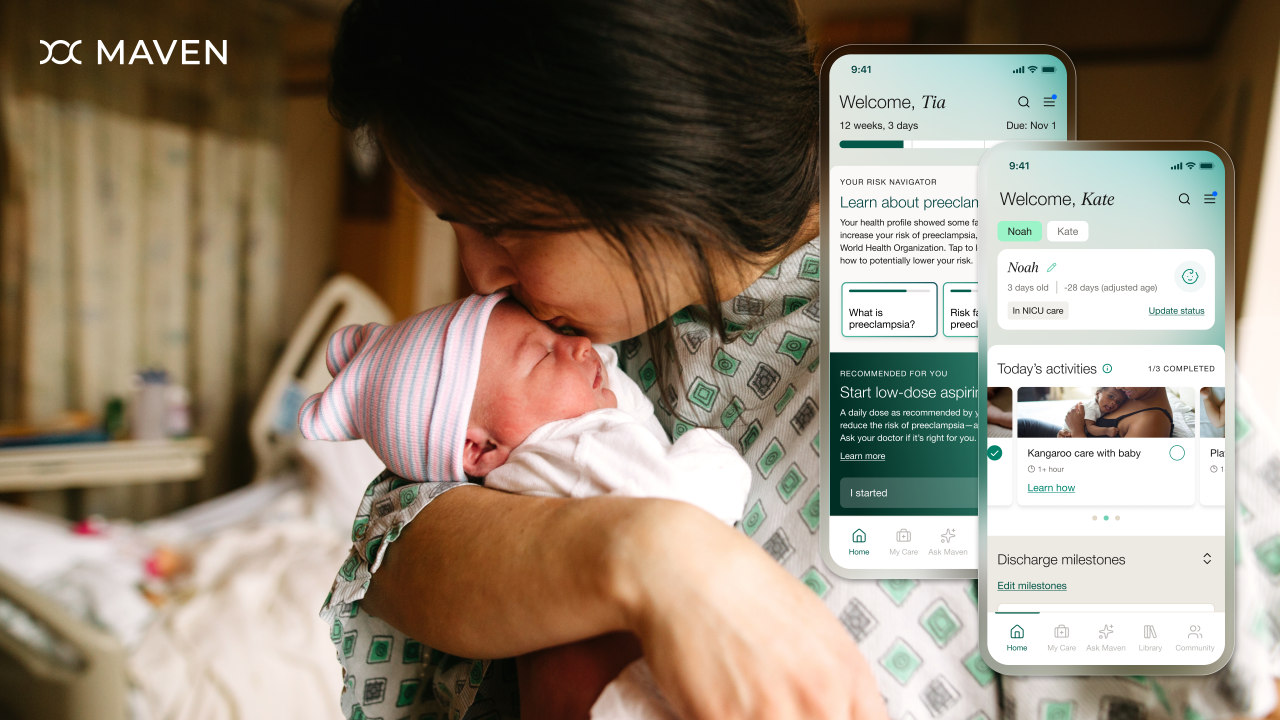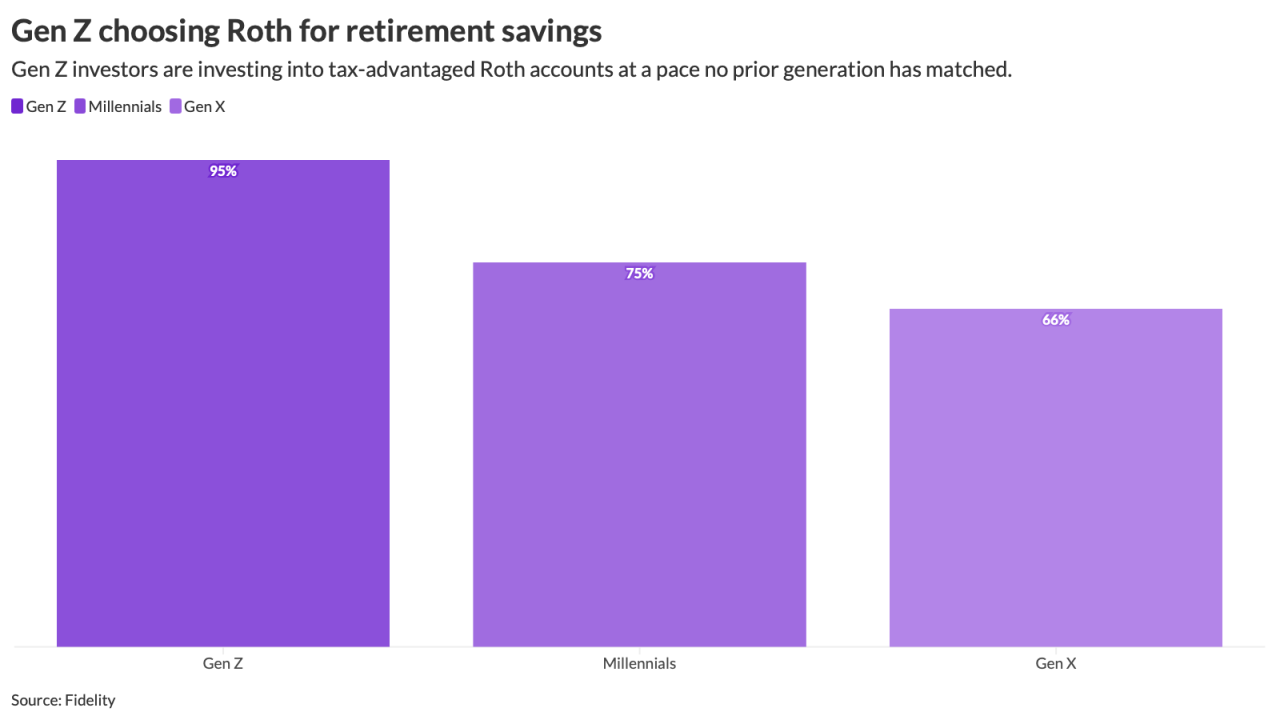With more than 700 reported cases of measles currently in the U.S. —the highest number of cases since 2000, according to the Centers for Disease Control and Prevention — there is growing concern that contagious employees are bringing the disease to work.
That’s exactly what happened at a Home Depot store in Monsey, New York, in which consumers and workers recently were exposed to measles. Monsey is in Rockland County, just north of the city, where one of the major outbreaks has occurred. There are now 224 cases of measles in Rockland County, according to statements made by officials in that region.
Though the measles outbreak isn’t a nationwide issue yet because the disease has been so geographically selective, experts say it might become a more widespread problem if public health officials aren’t able to contain it. That concern is also leading employers to take action.

While benefits professionals have limited ability to control employee exposure to the measles, there are steps they can take in the office to prepare for an outbreak and ensure workers remain healthy, experts say. That can include expanding benefits policies, giving greater attention to pregnant workers, encouraging vaccinations and working with health officials.
Home Depot, for instance, told Employee Benefit News that it planned to work with health officials to determine the best course of action, although it would not elaborate on what that entailed.
There are some steps employers can consider. For example, many employers already offer on-site flu vaccinations to employees. Much like they handle the flu, employers in high-rate measles areas could offer vaccines on site to workers whose vaccinations are out of date, as well as to their children, says Steve Wojcik, vice president of public policy at the National Business Group on Health.
See also:
Wojcik also recommends enhancing telecommuting policies. If an employee or one of their family members has measles, or a worker lives in an area where there is an outbreak, they may want to work from home.
Improving communications strategies may also be key. Dr. Jan Berger, chief medical director for the Midwest Business Group on Health, suggests greater community outreach on the part of the employer to get the word out about vaccines and make them more available to employees and their families.
“Work with the public health people in the community,” Berger says. “There are some communities where barbershops, beauty shops and houses of worship are offering immunizations. Instead of us asking people to go somewhere to get the shot, we should go to where they are.”
The measles, mumps and rubella vaccine typically comes in two doses, and people need both to be considered fully vaccinated, Berger says. But even if employees aren’t able to get both shots, just one is still 93% effective against the disease.
“The science to the measles vaccine is very, very clear,” she says. “It is highly effective and it is 97% effective if you have both vaccinations.”
Many employer-sponsored health plans, cover preventive medicine including vaccinations, says Danielle Schweiger, a consultant with Gregory & Appel Insurance. Meaning, there is essentially no extra cost for workers who want to get vaccinated who have a major medical plan that is ACA-compliant. If employers are concerned that workers aren’t taking advantage of vaccinations, she says, they may consider offering financial incentives.
Exemptions and exceptions
The three measles outbreaks in 2018 that contributed to most of the current cases, all in New York and New Jersey, occurred mostly among Orthodox Jewish communities who avoided vaccinations for religious reasons, according to the CDC. Religious grounds is the most common reasons why employees avoid measles shots.
Howard Mavity, a labor attorney and partner at Fisher Phillips, notes that anti-vaccination stances are not part of the core doctrine of any religion, even though all but three states allow such exemptions for school vaccine requirements. He predicts that some of those states, including New York, will begin to eliminate that option over the next year.
“The biggest question employers are asking right now is whether they can require vaccination among employees,” Berger says. The simple answer is no — with a few exceptions.
Healthcare employees and those working with children are often required to be vaccinated against a variety of diseases, as they will be exposed to people with weaker immune systems, according to
“I have a client that is an autistic behavioral therapy center,” Schweiger says. “As a result, [employees] get bit by their students a lot. So the employer has required that they have hepatitis B and tetanus shots up to date at all times.”
Additionally, a severe risk to public health also may result in mandated vaccinations, as is the case in
So what if employees rebuff all attempts to get them to vaccinate? Could this issue turn legal?
Mavity acknowledges that only a handful of employers are at the point where they’re calling his office about legal issues surrounding the measles. “I’d be lying if I said my phone is ringing off the hook,” he says. But his office is encouraging all employers to put out an educational, pro-vaccine campaign.
As to whether an employer can force a worker to stay home, Mavity says that as long as they’re following guidelines from the CDC and local health departments, “they’re unlikely to be successfully sued.”
The next big question, however, will revolve around whether an employer can make someone report to work, he says. “I haven’t gotten this yet, but I can guarantee it’s coming from pregnant women who want to self-quarantine… Can employers make them come to work?”
If that happens in places like New York, where the fear could be more legitimate due to the number of cases, Mavity would advise employers to accommodate the worker. If it’s a job that can’t be done from home, the accommodation could be an unpaid leave.
Experts say although employers are in the very early stages of dealing with the measles, it may still get tied to political and social trends.
“I put it down to our populist society now; people just don’t trust government,” Mavity says.





